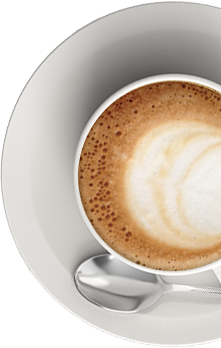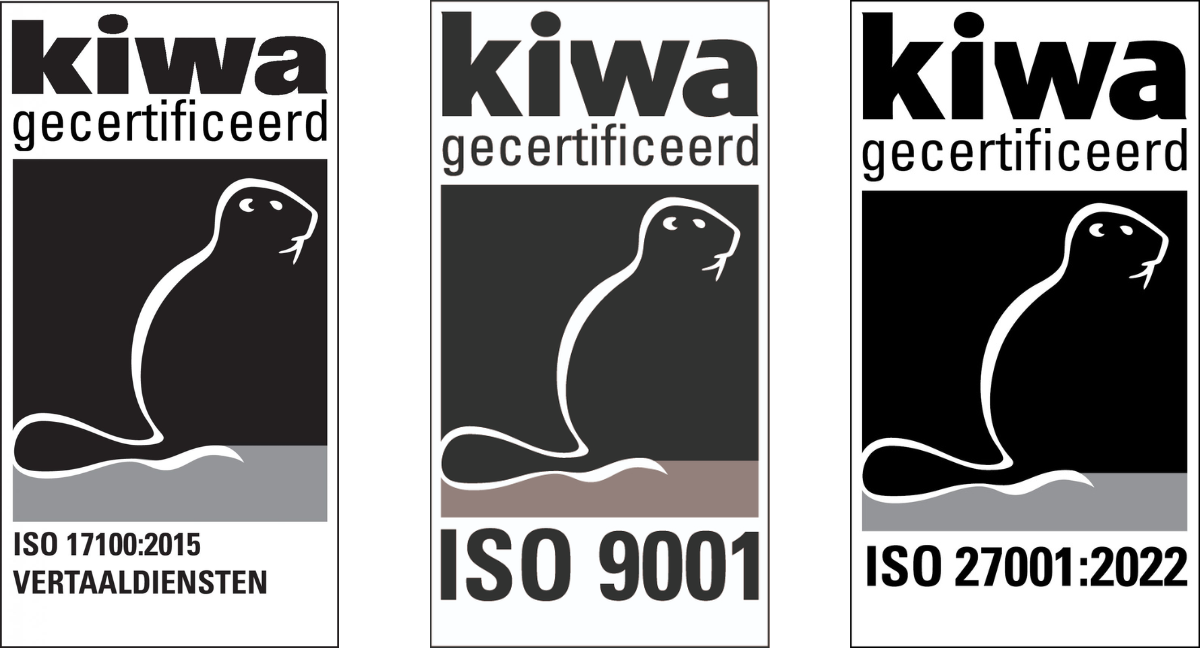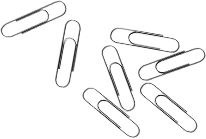Blog
- Information directly from the translation industry
- Advice from experts
Language experts often complain about the influence of foreign words on the Dutch language. To them, loanwords are a particular eyesore.
But do not think this is a one way street. Dutch words have also made their way across the world in large numbers. And not only in the wake of the VOC and Tsar Peter, who spread many Dutch trade and shipping terms.
Even today, Dutch words are appearing in other languages. Try saying the word kurappusukaatsu slowly. It is the Dutch word ‘klapschaats,’ but in Japanese. They picked it up from enthusiastic Dutch commentators, because they also wanted those fast new skates. For the Japanese, the word klapschaats, with its horrific combination of consonants, is completely unpronounceable. Nevertheless, with a few modifications, the word has found its way into the Japanese language.
In the English language, the word klapschaats has been adopted as klapskate. Even Germans (klappschlittschuh), Norwegians (klappskøyte), Danes (klapskøjte), and Swedes (klappskridsko) adopted this strange Dutch word to describe the new skates. And the Russians turned it into kon’ki-klapy.
Sometimes, the history is a bit more complex and more work is needed to determine what has actually led to what. It is true that the Dutch currency Daler (forerunner of the Rijksdaalder) was the namesake of the Dollar, but Daler, in turn, was borrowed from the Bohemian silver coin Johannesthaler, or Thaler in short.
It also regularly happens that words, after staying abroad for a while, come back in a different form; for example, schaats came back as skate, koekje came back as cookie, brandewijn came back as brandy, kruisen as cruise, and snakken as snack.
And then there are words you would swear come from a different language, such as boulevard and mannequin. You’d think these words are as French as it gets, but you couldn’t be more wrong. They are Dutch words that have been borrowed back again. Boulevard and mannequin originated from bolwerk and manneken, respectively.
Language is truly a living phenomenon.
So far, approximately 17,500 Dutch words have been traced in 138 languages. At least, that is the state of affairs in the year 2014. Many languages simply have not been sufficiently studied, which means many more Dutch loanwords may emerge.

Translation Agency complies with the highest attainable certifications: ISO 9001:2015, ISO 17100:2015, and ISO 27001:2022. Top quality, security and service remain our number one priority.


Translation Agency is a member of the VViN and EUATC; Organisations of translation agencies that work together to optimise quality and service.
